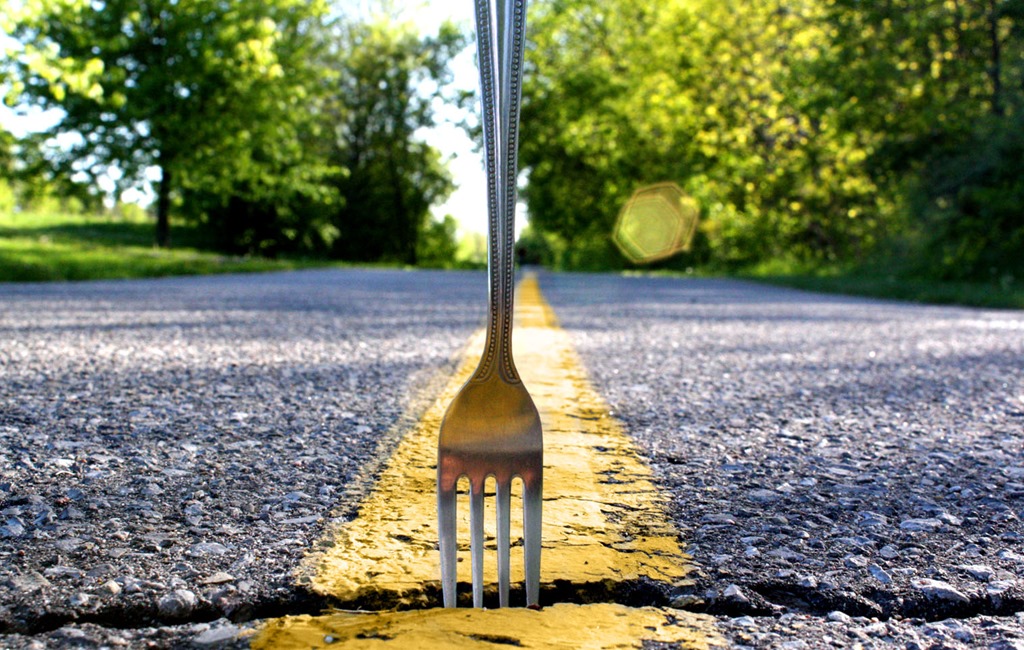
If soap operas taught me anything, it’s that bad choices result in bad outcomes.
As a teenager, I’d arrive home from school just in time for “General Hospital.” I can still remember the lies of omission Luke made to Laura that destroyed their relationship. Or the many times Blackie would refuse help from others, causing himself to land in even more trouble.
Even then I wondered why people refuse to choose options that would make their lives better.
It’s especially sad when we see this happen in the senior community. The result of bad choices can be poor health, loneliness, isolation and even homelessness.
Take the case of Hugh, who at age 80 had hip replacement surgery.
According to medical experts, hip replacements are one of the most commonly performed orthopedic surgeries. The surgical technique, which dates back to 1960, and prosthesis used have been perfected to allow the patient optimal recovery of function with less pain.
But having the surgery is only half the battle when it comes to a new joint. Proper post-op physical therapy is the other.
For whatever reason, Hugh did not follow through on his physical therapy and now walks with a permanent limp. Therapy can be time consuming, costly (if not fully covered by insurance) and sometimes painful. But it is needed to regain proper use of the joint.
In Hugh’s case, he made the choice not to listen to his physician because he assumed the surgery would be the cure by itself. For the rest of Hugh’s life, he will bear the burden of that choice.
Emma is an 85-year-old widow who chased away her adult children and friends. Attempts on their behalf to help her have been met with anger, frustration and rejection.
According to the Institute on Aging, almost half (47 percent) of women age 75 or older lived alone in 2010. And the likelihood of living alone increases with age.
Living alone is a greater reality for women as we age, and interdependence (relying on others and having them rely on us) is a vital component to thriving in this situation.
In Emma’s case, after her husband died she became depressed, and over time that depression led to her isolating herself from family and friends. Now, no longer able to drive, Emma has become further depressed and isolated, which has resulted in her response of anger and frustration when others try to help.
Social isolation has affected Emma’s physical and mental health, and may lead to cognitive decline and long-term illness. Unfortunately, without the intervention and support of others, Emma will remain isolated and depressed for the rest of her life.
Jack is a 60-year-old man who’s been living in his car for the past four years. Once employed as an hourly factory worker, Jack lost his job after he had a stroke followed by longterm complications. Along with his income, his health insurance ceased when his employment stopped.
Jack had large outstanding medical bills and everyday living costs that eventually ate though his savings. Over time he was evicted from his home.
Jack’s brother offered to take him in, but that would mean moving to Montana. Jack says his home is here in this community and he prefers to stay here, even if it means living in his car.
Jack’s prognosis for aging well in this situation does not look good.
Life is all about making choices. It’s important to make smart choices as we get older; they take on far greater importance because we have less time to recover from decisions that produce bad consequences.
How can you prevent bad outcomes?
Heed medical advice from your doctor. Reach out to friends and family now to develop a support network as you get older, and create a plan to address circumstances like large medical expenses that can eat away at savings.
Most of all, practice agility and resilience, skills you can rely on as you get older.